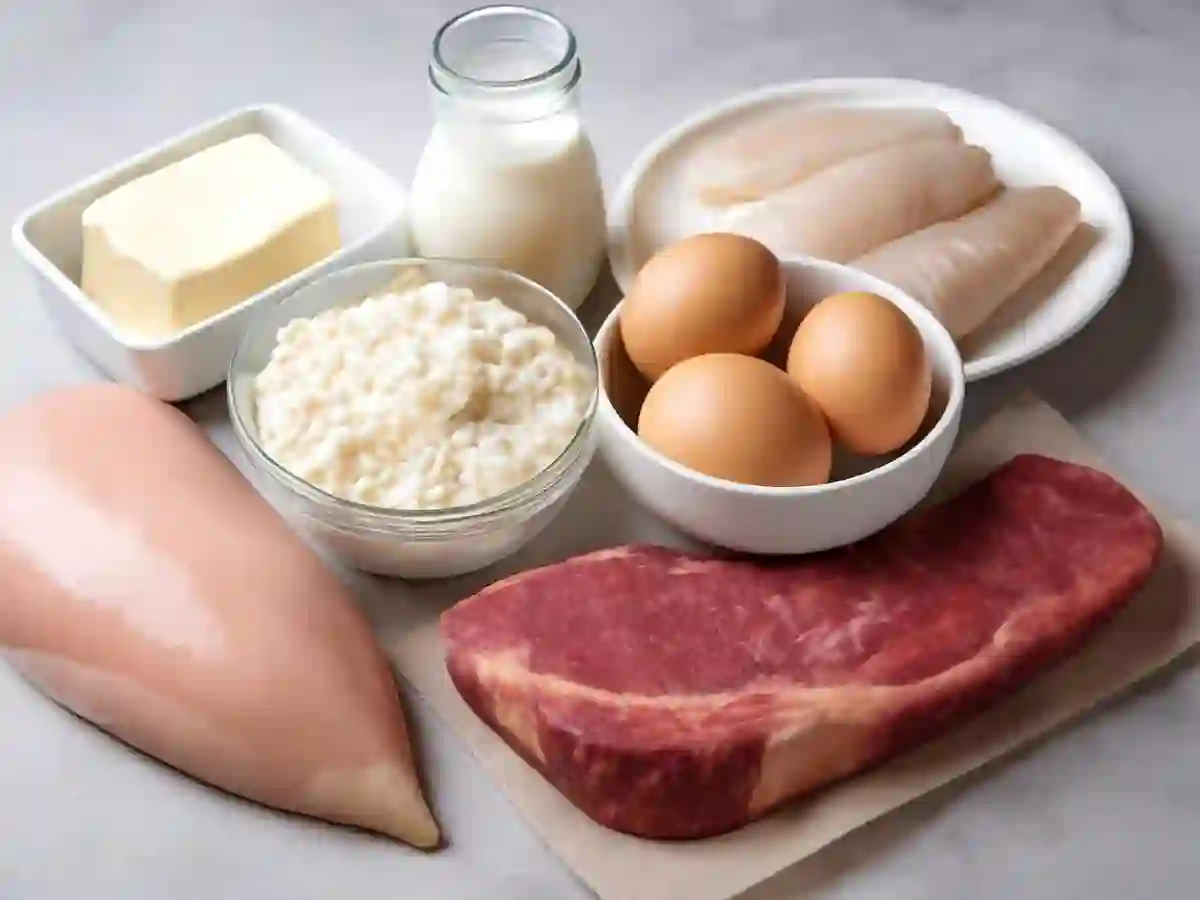Once upon a time, protein was mainly the concern of gym-goers and bodybuilders. Now? It’s everywhere.
Grocery store shelves are packed with high-protein everything — bars, yogurts, breads, even ice cream.
You’ve probably noticed the bold “PROTEIN” labels screaming at you from your snack aisle. But in the rush to pack more protein into our diets, have we stopped to ask… how much do we actually need?
Let’s break down the truth behind the hype — and figure out what works for your body, not just what’s trending.
Why Protein Gets So Much Love
There’s a good reason everyone’s buzzing about protein. It’s not just for muscleheads anymore.
Protein plays a crucial role in how our bodies function day-to-day.
It helps build and repair muscle, keeps your blood sugar stable, curbs those random snack cravings, and even helps your metabolism tick along.
That’s why people chasing weight loss, better energy levels, or overall wellness are jumping on the high-protein bandwagon — not just the folks lifting weights.
So… How Much Protein Do You Actually Need?
The sweet spot really depends on your personal health goals and lifestyle. Here’s a rough guide:
-
Trying to build muscle? You’ll want around 1.4 to 2 grams per kilogram of body weight daily.
-
Aiming to lose weight? Somewhere between 1.2 to 1.6 g/kg works best.
-
Just looking to maintain? Stick with 0.8 to 1.2 g/kg.
-
Not super active? If you’re mostly sedentary, 0.8 g/kg is typically enough to keep you healthy.
So no, you don’t need to slam protein shakes if your most intense workout is walking the dog.
Is There Such a Thing as Too Much Protein?
This one’s tricky. There used to be a rumor floating around that too much protein could wreck your kidneys.
The truth? That myth’s been busted.
Research shows that even at higher levels — up to 3.3 g/kg per day — healthy people don’t experience kidney damage.
But let’s be clear: more isn’t always better. Overdoing protein can leave you feeling bloated, constipated, or just plain uncomfortable.
And if you already have kidney issues, it’s important to check in with your doctor before making big changes to your diet.
Where Your Protein Comes From Matters Too
Here’s the thing — not all protein sources are equal. That high-protein bread might sound like a win, but it could also be ultra-processed and packed with additives.
Same with those trendy protein desserts and cereals.
It’s easy to accidentally go overboard when everything you eat has “extra protein” slapped on the label.
Instead of obsessing over grams, think about quality over quantity.
Whole foods like eggs, legumes, lean meats, nuts, and tofu are great places to start.
The Bottom Line: Stay Smart, Not Just Trendy
Protein is a powerhouse nutrient — no question about it. But like anything in nutrition, it’s all about balance.
Chasing high-protein everything without understanding your body’s needs can lead to more harm than good.
So go ahead and enjoy your protein bar or shake — just make sure it fits into your bigger health picture.
Being mindful of what your body really needs will take you a lot further than any food label ever could.
